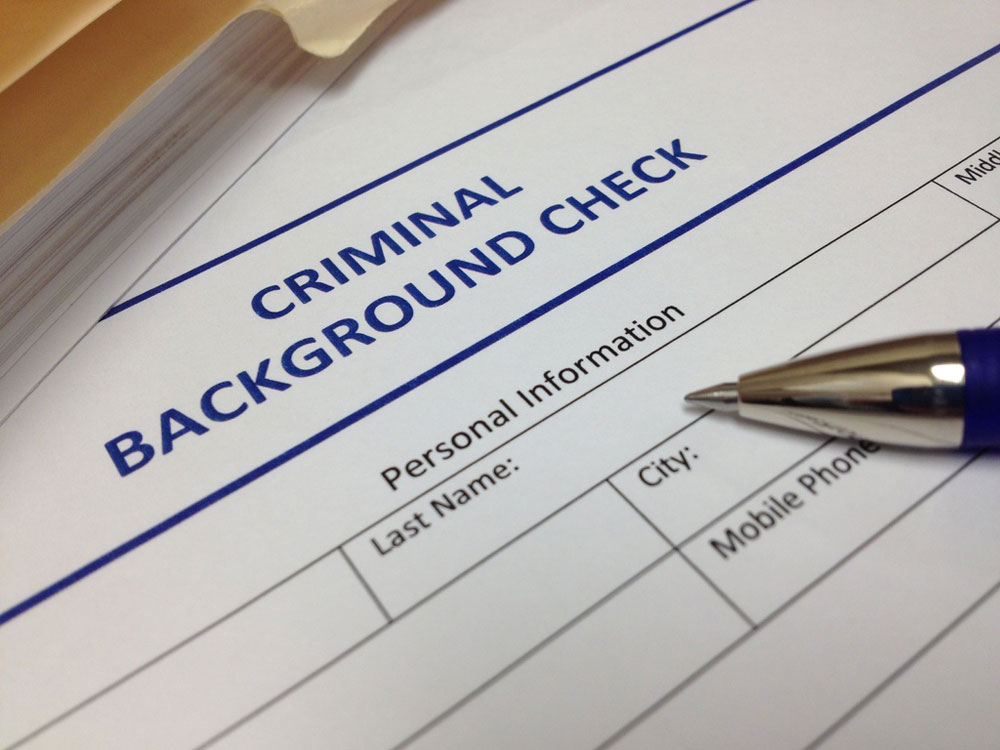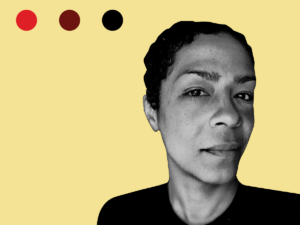
August 11, 2019; Wall Street Journal
NPQ is constantly reminded of the critical work legal assistance organizations do, not just in aiding individuals, but through class action suits that often set the precedents we need to pursue societal justice on a more systemic basis.
A good example of this is in New York, where thousands of people are tagged with minor convictions related to cannabis in the aftermath of a misguided “drug war.” The drug war, of course, served as the lynchpin of a system of mass incarceration that led the US to have the world’s highest imprisonment rate, with an estimated 2.2 million behind bars, with people of color targeted in particular.
Now, roughly 350 people convicted of misdemeanor marijuana crimes in Manhattan will have their offenses hidden from public criminal records under a new class-action settlement, Manhattan officials said.
Sign up for our free newsletters
Subscribe to NPQ's newsletters to have our top stories delivered directly to your inbox.
By signing up, you agree to our privacy policy and terms of use, and to receive messages from NPQ and our partners.
In a class action suit that plaintiffs are hoping will become a model for the rest of the state, attorneys from nonprofit and pro-bono legal-services groups in Manhattan have, in collaboration with District Attorney Cyrus Vance, petitioned for and won a settlement that will seal the records of hundreds of people convicted on marijuana charges. While only 350 people are affected directly by this ruling, thousands more could benefit if other New York jurisdictions pursue similar action.
The change was made possible by a provision of New York’s Raise the Age Act, a package of criminal-justice reforms signed into law by Gov. Andrew Cuomo, a Democrat, in 2017. Under the law, people who were convicted of up to two nonviolent, low-level offenses, but had no other contact with the criminal-justice system for a decade, are eligible to petition local authorities to seal the convictions on their records, rendering them invisible to anyone except for law enforcement.
According to the Wall Street Journal, those having their records sealed as a result of this court win are mostly black and Latino men. Many remain unaware of their new rights under the state’s legislation. Writing in the Journal, reporter Ben Chapman observes that although “approximately 600,000 people across New York state are eligible for the Raise the Age program…only 1,200 have taken advantage of it so far due to a lack of awareness and difficulty executing the paperwork involved.”
One class-action representative is a 43-year-old single father, who at his request is identified solely by his first name, “Devin.” Devin believes two misdemeanor convictions for marijuana possession in Manhattan from 1997 may have kept him from getting a job working in his chosen field.
“I feel vindicated and grateful,” Devin said. “Everyone in my family had good jobs, and I’m trying to follow in their footsteps. If I can get a job with the city, I’ll be doing even better than I’m doing now.”—Ruth McCambridge













